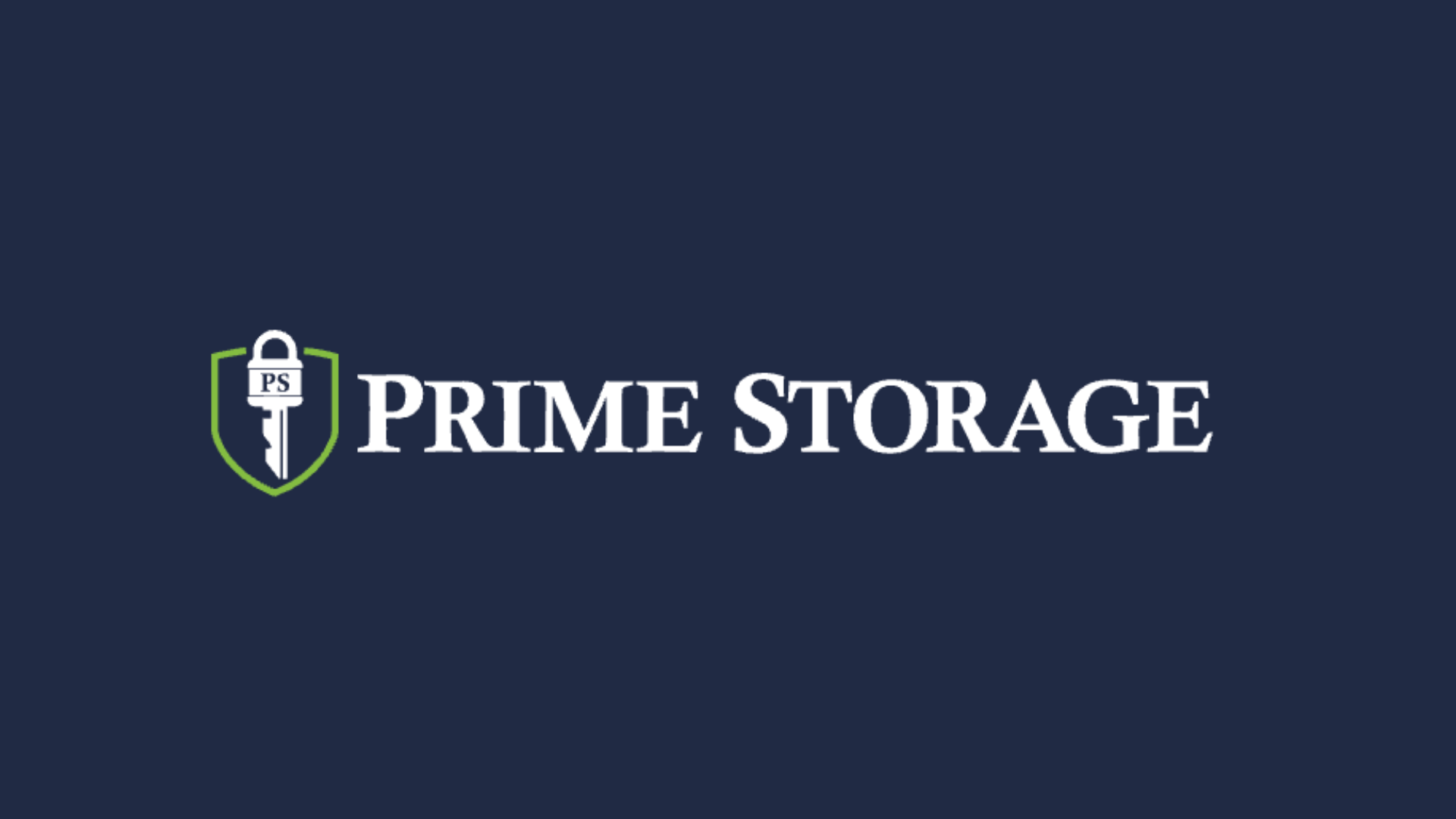Torrenting is a popular and convenient method for downloading large files, ranging from open-source software to classic films in the public domain. It’s fast, efficient, and used by millions worldwide.
However, like anything online, it comes with potential risks, especially regarding privacy, malware, and legal issues, depending on what you download and your location.
That brings us to a common question many users have: Do you need a VPN for torrenting?
It’s not always a simple yes or no. The answer depends on several factors, so let’s break it down clearly with examples, insight, and practical advice you can use.
Disclaimer: This guide is for informational purposes only. We do not support piracy. Always follow your local laws and use a VPN responsibly to access legal content.
What is Torrenting and How Does it Work?
Torrenting is a method of downloading files using peer-to-peer (P2P) technology.
Instead of retrieving the entire file from a single server, you receive small pieces from multiple users (called peers) who already have parts of the file. A torrent client assembles these pieces into a complete file on your device.
This system enables faster and more efficient downloads, particularly for large files such as movies or software.
However, there’s a catch: your IP address is visible to everyone sharing the file. This openness can lead to privacy risks, security threats, and even legal exposure depending on what you’re downloading.
Wondering if Torrenting is Legal?
Torrenting itself isn’t illegal; it’s simply a file-sharing method. However, many torrents contain copyrighted material, including movies, music, games, and books.
Downloading or sharing such files without permission is illegal in many countries and can result in copyright warnings, fines, or even lawsuits.
Some ISPs aggressively monitor and penalize users for torrent activity, even if you only download legal files.
Legal uses: Public domain films, open-source software (like Linux), or files shared with explicit permission.
Do You Need a VPN for Torrenting?

In strict countries like the US, UK, or Germany, a VPN is highly recommended, even for legal torrents.
If you’re only downloading open-source or public domain files and fully trust your ISP, you might skip it. But privacy and malware risks still exist.
For most users, a VPN remains a smart choice for safer, stress-free torrenting.
What Risks Come With Torrenting Unprotected?
Torrenting without a VPN exposes you to several significant dangers:
- Public IP exposure: Anyone sharing a torrent (seeders/leechers) can see your IP address, a direct route to your location and identity.
- ISP monitoring and throttling: Your provider can log and throttle your bandwidth, or even report your torrenting to third parties.
- Malware and hacking: Malicious files are standard, and your exposed IP increases your risk of targeted attacks.
- Potential legal action: ISPs may forward copyright warnings or facilitate litigation if you access copyrighted material
Without protection, torrenting can quickly go from convenient to costly, both in terms of privacy and potential legal trouble.
How Does a VPN Protect You While Torrenting?
A VPN (Virtual Private Network) is the gold standard for torrent security:
- Encryption: VPNs encrypt your traffic, making it unreadable to your ISP and hackers.
- IP masking: Your actual IP address is replaced with the VPN server’s IP address, hiding your identity from torrent peers and trackers.
- Bypass censorship and blocks: Unblock torrent sites restricted by ISPs, workplaces, or governments.
- Prevent throttling: ISPs can’t specifically target or slow down your torrent traffic.
Without a VPN, every peer and sometimes your internet provider can see what you’re sharing and downloading.
What Happens If You Use a Free VPN for Torrenting?
Most experts advise against free VPNs for torrenting. Why?
- Many log and sell your browsing data.
- Frequently block P2P/torrenting.
- Poor speeds, weak security, and a lack of essential features (like a kill switch).
- Some free VPNs have even been found to insert malware.
If privacy is your goal, invest in a reputable, no-logs VPN
Choosing the Right VPN for Torrenting
Look for these features when picking a VPN:
| Feature | Why It Matters |
|---|---|
| No-logs policy | Ensures your activity isn’t recorded |
| P2P-friendly servers | Needed for fast and reliable torrents |
| Strong encryption | Keeps data secure (AES-256, WireGuard) |
| Kill switch | Blocks connection if VPN drops |
| DNS/IP leak protection | Prevents exposure outside the VPN tunnel |
| Fast download speeds | Essential for large torrent files |
Top VPNs for Torrenting: NordVPN, ExpressVPN, ProtonVPN, Private Internet Access (PIA), Mullvad.
Wrapping it Up
Do you need a VPN for torrenting? If privacy, security, and peace of mind matter to you, the answer is yes.
Even when downloading legal content, your IP address and activity can be exposed to your ISP or other users. A reliable VPN helps keep your traffic encrypted, your identity hidden, and your speeds consistent.
But using a VPN is just part of staying safe; always pair it with antivirus protection, trusted torrent sites, and common sense.










